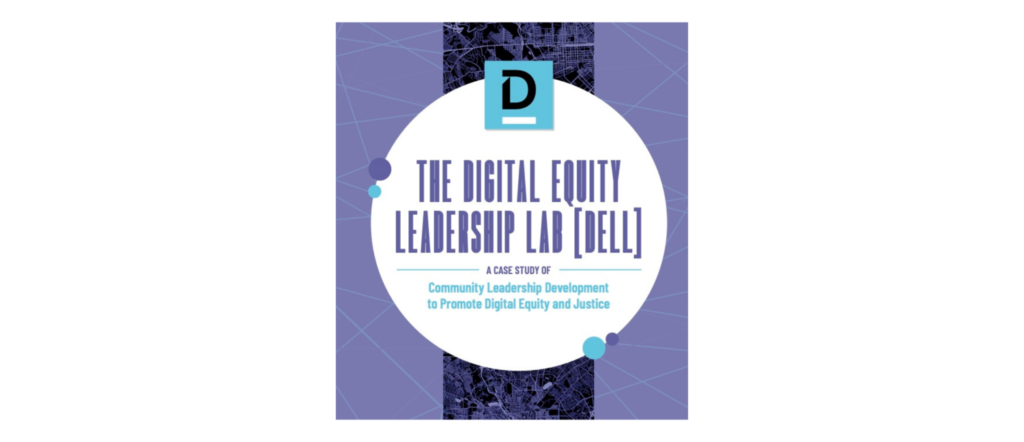 I am excited to share the news that my colleagues, Malana Krongelb, Jie Jiang, and I have an extended version of our Digital Equity Leadership Lab (DELL) case study published in the new issue of The Journal of Community Informatics, which my Co-Editor-In-Chief Peter Johnson and I put online earlier today.
I am excited to share the news that my colleagues, Malana Krongelb, Jie Jiang, and I have an extended version of our Digital Equity Leadership Lab (DELL) case study published in the new issue of The Journal of Community Informatics, which my Co-Editor-In-Chief Peter Johnson and I put online earlier today.
I also hope the case study will be helpful in the broadband policy context, as the Federal Communications Commission has established a Task Force to define and prevent what they are calling “digital discrimination.”
Here is the abstract below.
This paper presents the Digital Equity Leadership Lab in Baltimore, Maryland as a case study of community leadership development to promote digital equity and justice. While several studies of community leadership development exist, few are focused on its role in promoting digital equity and justice. This case study attempts to address this gap in the scholarly literature through the following research question: How might DELL serve as a community-based leadership training model to develop the next wave of digital equity leaders? Through our analysis of interviews with community leaders, outside experts, and community foundation staff, we discovered the following three main findings: (1) bringing national policymakers and advocates together with community leaders is powerful and transformative; (2) digital inequality is a social, not a technological problem; and (3) community leaders need access to a shared platform and to each other to create change. These findings suggest that community leaders can benefit from seeing their work within a digital equity ecosystems framework, which calls attention to the importance the interactions that exist among individuals, populations, communities, and their broader sociotechnical environments that all shape the work to promote more equitable access to technology and social and racial justice. This case study report concludes with recommendations for community leaders, including community foundations, working to uncover systemic discrimination shaping digital inequality today to advance digital equity and justice.
The full paper is open access and available for download on the journal’s website.
(Image above by Daniel Kohn available via a Creative Commons license on Flickr)

